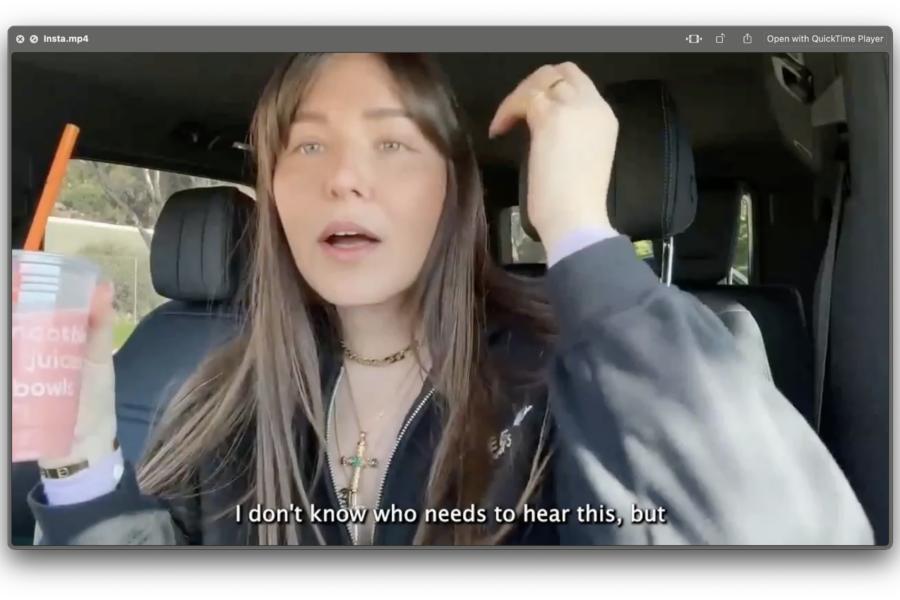How to excel at everything, Marion Balac
In ‘How to Excel at Everything’, two Pokemon-like friends embark on a journey together to master every skill possible through online tutorials. Freely adapted from Flaubert’s unfinished book ‘Bouvard et Pécuchet’ (published posthumously in 1881), ‘How to Excel at Everything’ explores the dynamics operating in our current era of online self-study and YouTube tutorials. Guided by algorithmic recommendations, B and P try to learn everything without any pedagogical compass, falling into a new rabbit hole everyday. Exploring the thin interstice between online DIY culture and the dismantling of institutional pedagogical structures, ‘How to Excel at Everything’ translates the gamification of our lives and the rise of self-help culture into a learning odyssey.
Touching Grass, Juliusz Grabianski
Touching Grass is a deepfake video essay exploring the ritual of manifestation, an idea that you can escape your current reality and shift into a more preferable one, simply by believing that a dream life is waiting for you just around the corner. Manifestation gained extreme popularity in recent years, promising an easy escape from one’s struggles – or at least a way to more easily deal with the stresses of everyday life. The video utilises deepfake technology for its narration, borrowing the likenesses and voices of various celebrities and influencers. It is a philosophical reflection on the ritual of manifestation, playing on notions of aspirational hustle culture and alternate realities – themes often found in online spiritual content.
The Future Ahead Will Be Weird AF (The Ultimate AI CoreCore Experience) Part One (2023) and Part Two (2024), Silvia Dal Dosso
Through the synthetic voice of Adam Curtis, the movie tells the story of how humans may survive in a world that is becoming weirder, harder, and faster: dead celebrities are brought back from heaven, gen AI is rising, millionaires are hiding in the bottom of the earth. We feel stuck in a mediated reality, where love is constantly intercepted by emotional advertising, robots, and deepfakes. But…
Micchan, Noura Tafeche & Tobia Paolo Bettoni
One of the tenets of Zionist aesthetics is harmlessness. When harmless, being a perpetrator is unthinkable and this underpins the Zionist performance of eternal victimhood. In MICCHAN, a collaboration between artist-researchers Noura Tafeche and Tobia Paolo Bettoni, the gamified synthesis between harmless cuteness and total violence (in Tafeche’s earlier work neologized as “Kawayoku”) is pushed to a breaking point in the form of a dummy Twitch livestream by gijinka-turned-streamer MICCHAN (crasis composed by the acronym for Military-Industrial Complex and the Japanese honorific-chan). The archive of TikToks starts to flicker. The images are representational insofar as they portray girl-life inside a genocide organ. But these images also carry operational aspects that redesign the line between warfare and gamification. Not only are the drone-strikes live live-streamed, but the gamified frame of genocide acts limits the possibility of images being images. MICCHAN exposes the way the Zionist media apparatus not only aestheticizes genocide but drafts these aestheticizations as active agents within the game-frame of war.
Critical Acts is part of a two year curatorial partnership at the School of Digital Arts (SODA) at Manchester Metropolitan University. Find out more about the partnership.




